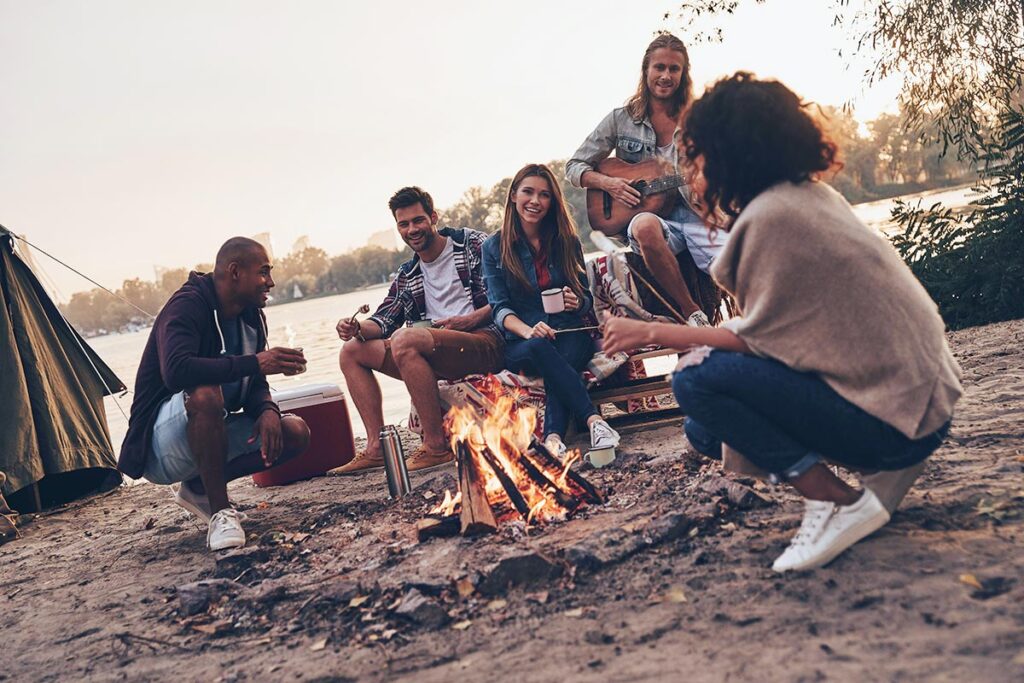Whether you’re the most social of creatures or an isolator by habit, isolation can come as a natural protective response when you’re in recovery- and it can often come at a price. There is “evidence linking perceived social isolation with adverse health consequences including depression, poor sleep quality, impaired executive function, accelerated cognitive decline, poor cardiovascular function and impaired immunity at every stage of life.” (Philosophical Transactions of the Royal Society B , Vol. 370, No. 1669, 2015) When we isolate we are not only shutting the world out outside of us and stuck in our own internal world but we are also creating a harmful environment for our health and wellbeing.
Here are 5 ways that I avoid isolating while in my recovery:
1. Schedule time daily to check in with someone else
For my own regular practice, I send out at least 1 gratitude text a day. With a great emphasis on *at least*. I try to make it a point where as soon as someone comes into my mind, I send them a text to say hello or what I’m grateful for for them. When I have a regular practice of reaching out to people as soon as they come into my mind, then I become less hesitant to reach out when I am having a hard time.
2. Commit to a regular activity
One of the greatest ways to avoid isolation in early recovery is to get committed at a meeting. All types of meetings including NA, AA, LifeRIng, and Refuge Recovery, offer opportunities for a preson in recovery to get a comittment at a meeting. It is highly recommended to find a meeting that you know you can attend regularly and be of service at it; once you are committed at a meeting, you know that people are counting on you and it becomes less about what you want and more about showing up for others (which in turn actually makes you feel better about yourself!). Whether it is a meeting commitment or committing to a regular activity like going to the gym, a sport, a social group of any kind- staying committed helps to reduce isolation.
3. Create a schedule of accountability
In my own personal life, I have gained so much more accountability than I came in with, but in the earlier days of recovery I went out of my way to schedule accountability in my life since I was so used to having none. I would pick certain days of the week that I would definitively call my sponsor, I would pick days of the week where I would make sure I was checking in with my therapist, I would pick days where I NEEDED to be places around other people. When I make myself accountable it is much more difficult to isolate.
4. Be of Service
I cannot stress this enough: being of service helps to get you out of your own head and allows you to show up for others. I know exactly where my heart gets pulled to be of service and because I am passionate about those areas, it makes it easier for me to continue to show up. Where are your passions? Is it being of service to others in your community? Volunteering with animals? Helping children? The homeless? Wherever your heart pulls you, follow that direction and give back of your time.
5) Talk with a professional
Having a therapist absolutely helps get me out of my own head, the same head which would ultimately lead me back to isolation. My therapist is a professional who has a specific treatment plan for my needs and goals for me to work through whatever issues I might be having at the time. The bigger the issues I have, the stronger the want to isolate. When I can regularly process what’s going on with me I am in turn regularly keeping isolation at bay. Having professional help in addition to community support and moral support gives me well rounded assistance in all areas of my life. In addition, a community-based outpatient addiction recovery program can be super helpful as well to keep me from isolating.
Recovery and learning how to lean in on things instead of isolating from them is a journey, not an immediate change. I hope that some of my ways of avoiding isolation can be helpful to you and that you may find your own means of staying connected along the way- your mental, physical and emotional health will thank you for it!
Stairway Recovery Homes has multiple sober living homes located in Los Angeles, CA. We provide community-based recovery homes for both men’s sober living and women’s sober living. Recovery IS possible!

Director of Alumni and Case Management
Heidi has been working in the field of addiction for the past 4 years, has a RADT and moonlights as a blogger and Brainpaint Neurofeedback Technician. If asked, there is nothing in the recovery field that Heidi won’t do to learn more or to be of service to the newcomers.
As alumni and outreach coordinator, Heidi feels she has the unique opportunity to keep continuity in the community- even after people have finished their initial SUD programming.
Events range from seasonal activities, fundraisers, service events and special interest activities.
Heidi is excited to perpetually generate more community cohesiveness, fun & gratitude for others and herself.




